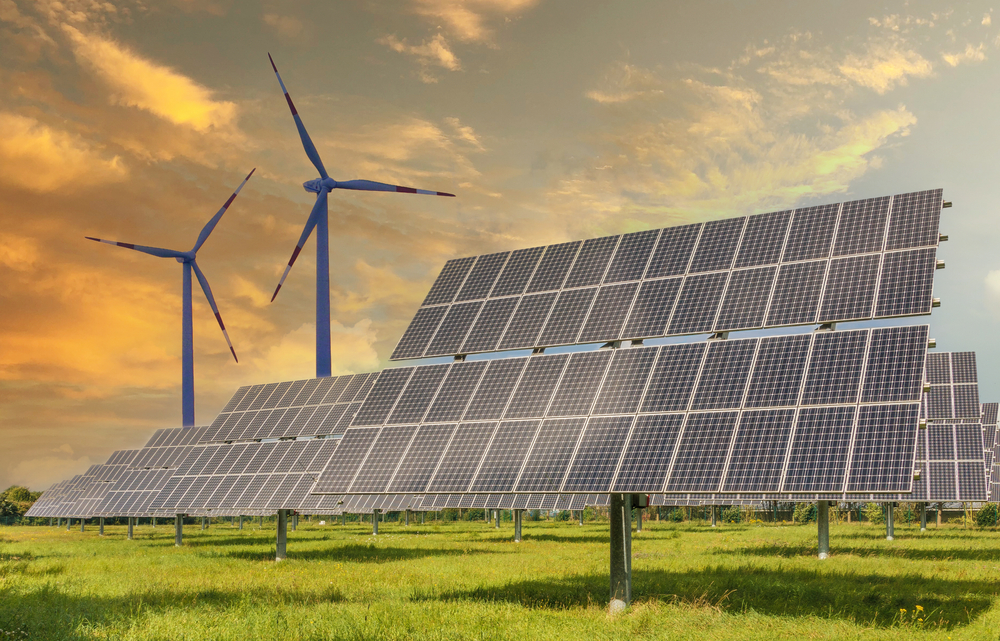Others are in for rough times, we believe, but we’re in good shape. Statistically speaking, this can’t be true. It may not be pleasant to realize that you’re suffering from what psychologists call “illusory superiority,” but the phenomenon is good self-defense. How happy would your spouse be if, during your honeymoon, you estimated your chance of marital success at 42.5 percent?
The situation is different when this optimistic predisposition is reflected in policy, especially in huge infrastructure projects. The reconstruction of California’s San Francisco-Oakland Bay Bridge, costing several billions dollars more than original plans, might be an example. Optimism about ambitious plans like this one often leads to chronic underestimation of the expense. The British government has so much experience with this, in fact, that it has incorporated steps into the decision-making process designed to remove this predisposition toward insouciance to lay the groundwork for a more realistic estimate of a project’s cost. Financial incentives should make unforeseen expenses undesirable, and the input of professional doomsayers should counterbalance the optimism of negotiating parties, who often have a vested interest in a project’s execution.
Be modest
It may be a bitter pill to swallow, but it must be said: We are at the mercy of the universe. Of course we can’t predict the future. This is the paradox: As soon as we realize this, we suddenly get better at it. Tetlock’s research shows that those who think opining about the future is kind of absurd do a better job than those who brim with confidence. Reluctant predictors formulate with caution—“although,” “on the other hand,” “nonetheless”—and admit they don’t know everything.
This is not the language used to educate the general public about climate change. Scientists, politicians and activists have agreed for years that the average temperature of the Earth will continue in an increasing line if greenhouse gas emissions keep rising. The striking thing is that the temperatures measured by the British Met Office, one of the world’s most renowned authorities, are unequivocal: The line has remained essentially flat, and there is no global warming. That shunts a great many predictions written in weighty documents right onto the refuse pile.
Doubt about the accepted view of climate change calls forth understandable suspicion. But a skeptical attitude is healthy for those making predictions. Some of the world’s systems—and certainly the climate—are so complex and depend on so many unknown factors that it’s impossible to indicate how they will develop. This is precisely when modesty is appropriate. You can speak in terms of “increased probability,” though that’s unlikely to earn you a Nobel Prize or an Oscar. To participate in the debate on a subject like our changing climate, we should be required to speak in noncommittal terms. It’s the best thing we can do if we want to make better predictions, Tetlock says. “Cultivate humility and a more complex, self-critical, self-aware view of the world. Don’t suppress ambiguity, but recognize that there are often good arguments on the other side.”
Tomorrow, when we read our papers or turn on our televisions, there they’ll be again: the experts telling us where the world is headed. How can we evaluate their words accurately? Should we ignore them? No, says Gardner. “But we should approach them with a healthy dose of skepticism.” According to him, it’s important to understand the thinking that leads the experts to their conclusions. “If you hear a modest expert who has scaled back his confidence, accepts uncertainty and embraces complexity, you can be pretty sure we’re getting a somewhat fair assessment of the future. But if you hear an expert bursting with confidence, who knows he has the definitive answer, you should be alerted, because it’s almost certainly wrong. And that’s paradoxical, because those experts are the ones who become bestselling authors, media pundits and gurus on the corporate lecture circuit.”
Tetlock also believes that the experts with the best sound bites are probably the least accurate. “Experts who experience doubt and pepper their sentences with ‘unlesses’ and ‘buts’ and ‘howevers’ are usually better. But they put you to sleep.”
In the cafeteria where we spoke in depth about his earlier predictions on population growth, Ehrlich also spoke of climate change. “We are severely threatened by climate disruption.” That’s not a new claim. He has previously written about the possibility that before 2020, a billion people could die from famines caused by global warming. In a 2008 lecture, he said that climate change would “possibly, quite possibly” crush civilization. “The data, and certainly the models, display an enormous threat,” Ehrlich announced with a worried look. And then, as if he’d suddenly realized something, he added, “I could be wrong, but you’ll have to take your chances on it.”
Marco Visscher, Ode’s editor at large, always predicted that the future would come.
Photo by aussiegall via Flickr.
The future of predictions
More of Today's Solutions
Scientists map the mysteries of the brain in more detail than ever before
Google researchers revealed a wonderfully precise map of a portion of the human brain, marking a significant step forward in neuroscience. This astonishing feat, published in ...
Read MoreThe top 5 flower trends blooming in gardens everywhere this year
Springtime brings a burst of color and life to gardens everywhere, and this year is no exception. Trends in flower planting are flourishing, ranging ...
Read MoreWhy hiking is good for your brain
Hiking has gained popularity during the pandemic as a safe way to get outside and stay active. Hiking lets you take in the beauty ...
Read MoreThis is your brain on music
Music does something to humans like no other animal. The rhythm gets inside our bodies and we can’t help but move along with the ...
Read More










